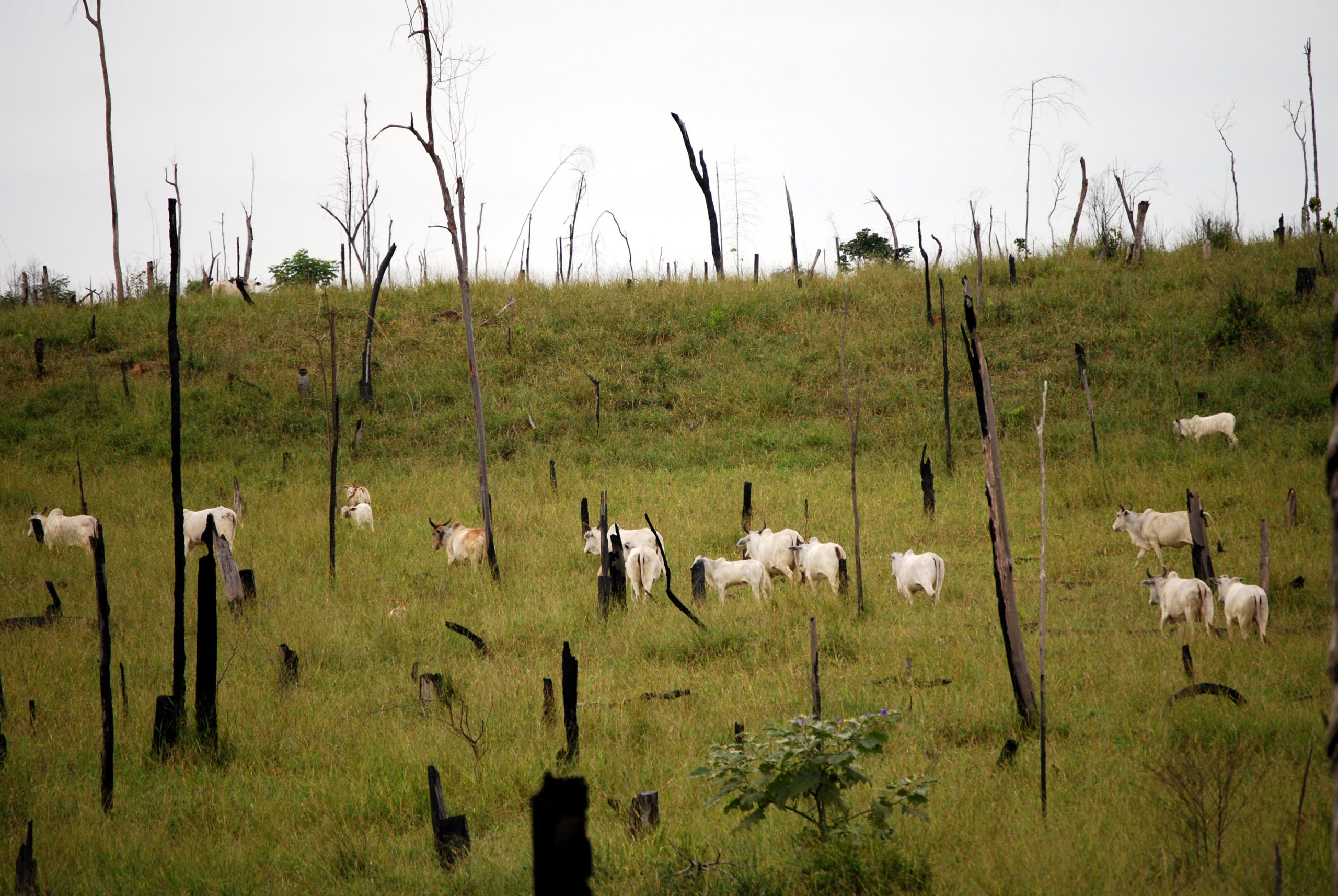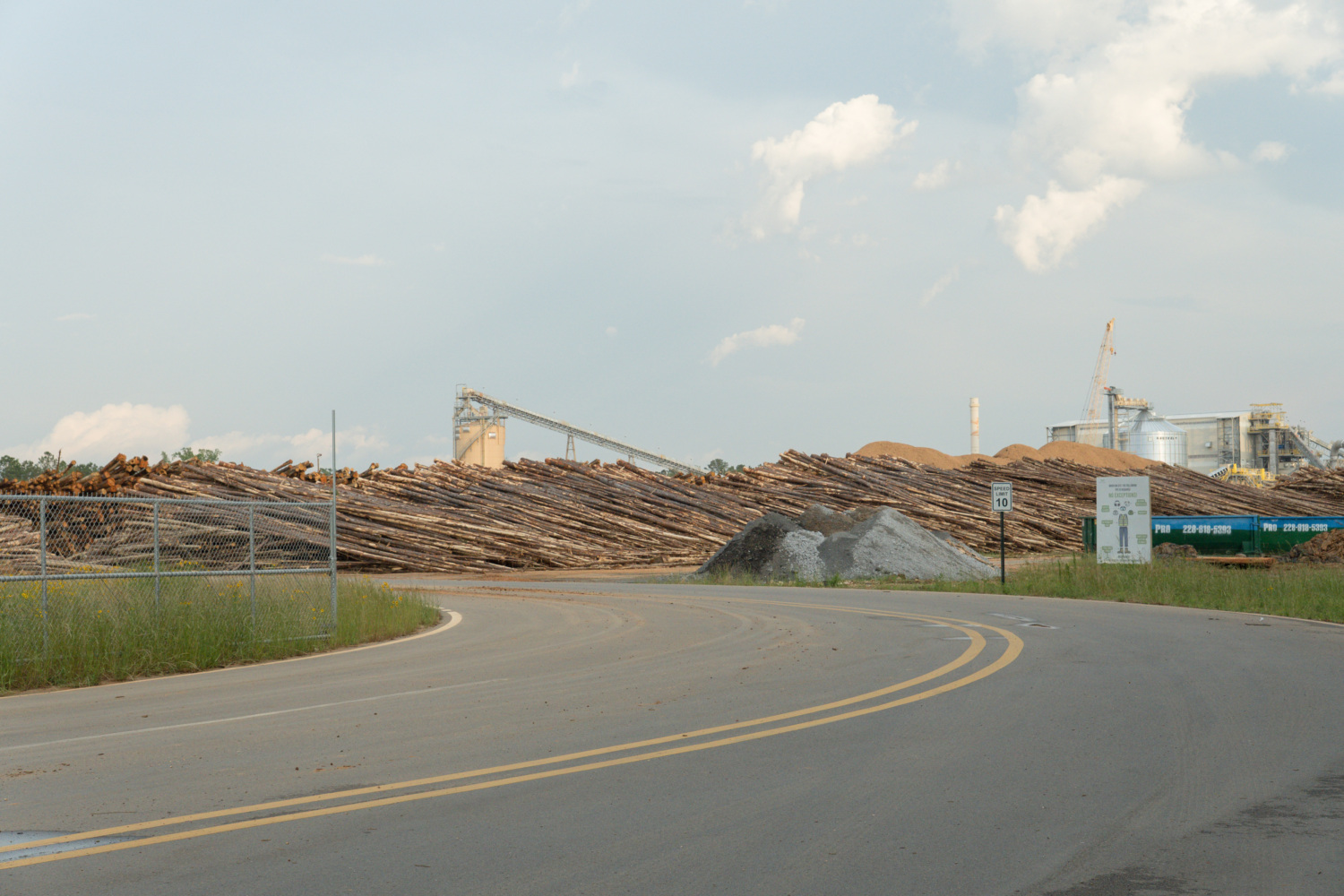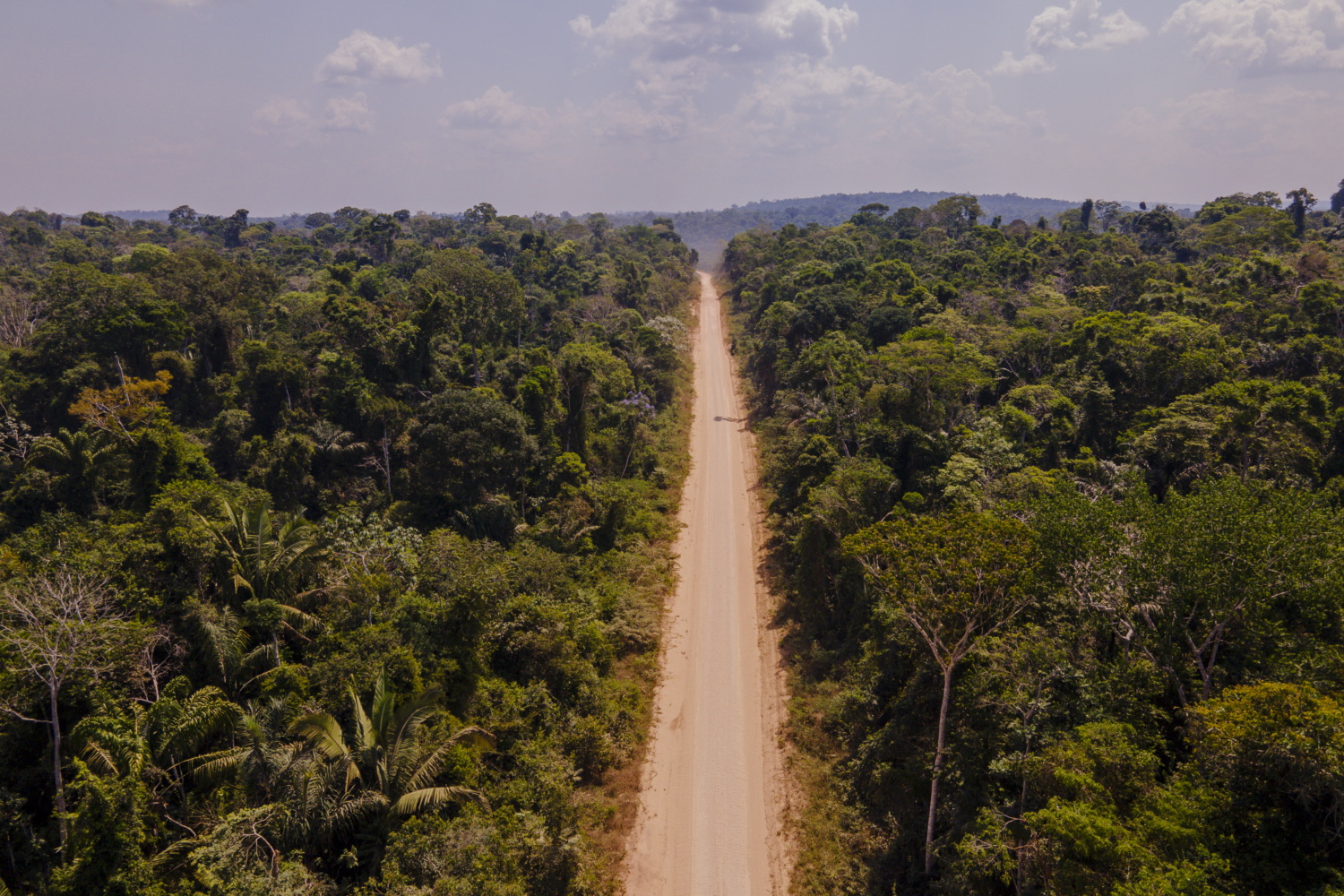
Fact Check: JBS Exaggerates Deforestation Commitment
By Sarah Lake
JBS recently announced a supposedly new commitment to address deforestation from indirect suppliers of their cattle in the Amazon. But this announcement merely restates a commitment made more than 10 years ago to the exact same goal. The announcement earned the company some positive headlines, as it was no doubt intended to do, but JBS’ commitment is insufficient, simply the latest in a long line of public commitments without follow-through.
The inclusion of indirect suppliers in meatpackers’ sustainability efforts is essential to fighting deforestation. But to fully address their role in deforestation from cattle – the leading driver of deforestation in Brazil – JBS must commit to monitoring direct and indirect suppliers in all sourcing areas and for both illegal and legal deforestation. The ‘new’ commitment still addresses only the small portion of their supply chain in the Amazon, even as deforestation continues to accelerate at an unprecedented rate in the Brazilian Cerrado and beyond. More than 50 percent of JBS’ cattle for export comes from outside of the Amazon, in places where they have no policies or monitoring in place. That figure is likely higher for their entire supply chain. The commitment also excludes any concern for deforestation that is legal under the Brazilian law, despite the significant impacts on biodiversity, local peoples, and climate emissions. Legal conversion allows for the clearance of over 88 million hectares of land – an area twice the size of Sweden – if companies do not take action.
To effectively combat deforestation, JBS must commit to addressing both legal and illegal deforestation driven by both its indirect and direct suppliers – and do so in the near term. At the current rate of deforestation, by 2025 – the time JBS plans to effectively monitor a small portion of their supply chain in the Amazon – more than 25,000 square kilometers of land will have been cleared in the Cerrado alone. An area the size of the entire country of Belgium, home to irreplaceable biodiversity, Indigenous communities, and valuable carbon sinks, will be lost. That’s woefully insufficient. JBS must take more robust action in a shorter timeframe to protect native ecosystems, the climate, and Indigenous and community lands.
JBS must also ensure that its commitments are effectively implemented and enforced. That means the company must exclude suppliers that violate its policy – something they have nearly entirely failed to do in the last decade since they originally promised to address deforestation in the Amazon.
JBS’ latest misdirection and PR spin do not change the underlying facts: the company is destroying Latin American forests and must be stopped. JBS is only able to promote this commitment as ambitious because grocery stores and other retailers continue to ignore the true cost of JBS’ environmental and human rights violations. It is on these stores – companies like Costco, Carrefour, and Casino – to send a clear signal that business as usual is no longer enough. Nobody wants to shop at a grocery store that’s doing business with forest destroyers.
JBS Fact Check
| JBS claim in the JBS Green Platform | Reality |
| For more than a decade the company has ensured ‘100% of its direct beef suppliers comply with its responsible sourcing policies’ | JBS only monitors supplies in the Amazon per its commitment
JBS has had widespread violations with as many as one out of every five cattle being non-compliant with sustainability commitments. Direct supplies only amount for a small portion of their supply chain. |
| ‘The new platform will provide an essential layer of information to enable cattle to be traced throughout their lives and ensure any cattle from producers involved in illegal deforestation cannot enter the JBS supply chain’ | JBS does not monitor cattle from indirect suppliers outside of the Amazon – a major portion of their supply chain.
Any deforestation on legally deforested land would still enter JBS’ supply chain The traceability system relies on voluntary participation by JBS suppliers, asking them to share cattle transit records without any incentives for participation or sanctions for non-participation. |
| JBS claims it ‘monitors 100% of its cattle suppliers using strict sustainability criteria, including zero tolerance for deforestation, encroachment on indigenous lands or environmental conservation unites, forced labor, or the use of areas embargoed by IBAMA’ | JBS is not monitoring 100% of its cattle suppliers since it is only committing to monitor suppliers in the Amazon, excluding all suppliers in other biomes.
JBS tolerates deforestation as it is only monitoring and enforcing illegal deforestation, and not legal deforestation. JBS have tolerated expansive and ongoing deforestation and encroachment on indigenous lands as noted as recently as 2019 |
A Timeline of Disappointment
A brief foray into JBS’ history of statements followed by inaction:
![]() 2009: JBS commits to exclude any cattle from land in the Amazon deforested after 2009, with extension to indirect suppliers by 2011.
2009: JBS commits to exclude any cattle from land in the Amazon deforested after 2009, with extension to indirect suppliers by 2011.
![]() 2011: JBS is found to source from illegally deforested land in the Amazon and to use slave labor in its supply chain
2011: JBS is found to source from illegally deforested land in the Amazon and to use slave labor in its supply chain
—
![]() 2012: JBS claims ‘First and foremost, JBS remains fully committed to sourcing livestock from farms that are not involved in any illegal activities, including illegal deforestation, the invasion of indigenous lands or the use of any form of slavery’
2012: JBS claims ‘First and foremost, JBS remains fully committed to sourcing livestock from farms that are not involved in any illegal activities, including illegal deforestation, the invasion of indigenous lands or the use of any form of slavery’
![]() 2016: JBS is found in government audits to have 19% of their cattle supplies in the Amazon non-compliant with requirements regarding sustainable sourcing including no illegal deforestation, respect for protected and indigenous areas, and free of slave labor.
2016: JBS is found in government audits to have 19% of their cattle supplies in the Amazon non-compliant with requirements regarding sustainable sourcing including no illegal deforestation, respect for protected and indigenous areas, and free of slave labor.
![]() 2017: JBS is again found to have systemic non-compliance in 2018 government audits even with looser audit standards – over 8% of all cattle sourced in the Amazon are non-compliant.
2017: JBS is again found to have systemic non-compliance in 2018 government audits even with looser audit standards – over 8% of all cattle sourced in the Amazon are non-compliant.
![]() 2018: JBS illegally buys cattle from 11 ranches in the Serra do Cachimbo Biological Preserve
2018: JBS illegally buys cattle from 11 ranches in the Serra do Cachimbo Biological Preserve
—
![]() 2019: JBS claims that 100 percent of its cattle purchases from direct suppliers “were in compliance with our responsible sourcing policies”
2019: JBS claims that 100 percent of its cattle purchases from direct suppliers “were in compliance with our responsible sourcing policies”
![]() July 2019: JBS buys cattle from a blacklisted farm in the Amazon with documented illegal deforestation
July 2019: JBS buys cattle from a blacklisted farm in the Amazon with documented illegal deforestation
![]() June-July 2020: JBS buys from farms with over 3,000 hectares of deforestation in the Amazon, including one farm directly suppling to JBS.
June-July 2020: JBS buys from farms with over 3,000 hectares of deforestation in the Amazon, including one farm directly suppling to JBS.
—
![]() September 2020: JBS states the company has ensured for over a decade that “100% of its direct beef suppliers comply with its responsible sourcing policies”
September 2020: JBS states the company has ensured for over a decade that “100% of its direct beef suppliers comply with its responsible sourcing policies”
Photo: Recently cut and burned rainforest turned into a cattle ranch in the Brazilian Amazon, where cattle ranching is the biggest cause of deforestation. Photo by Frontpage


